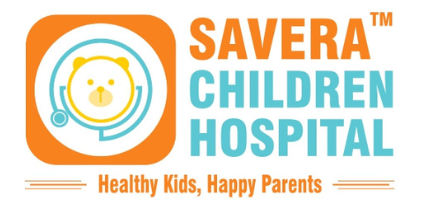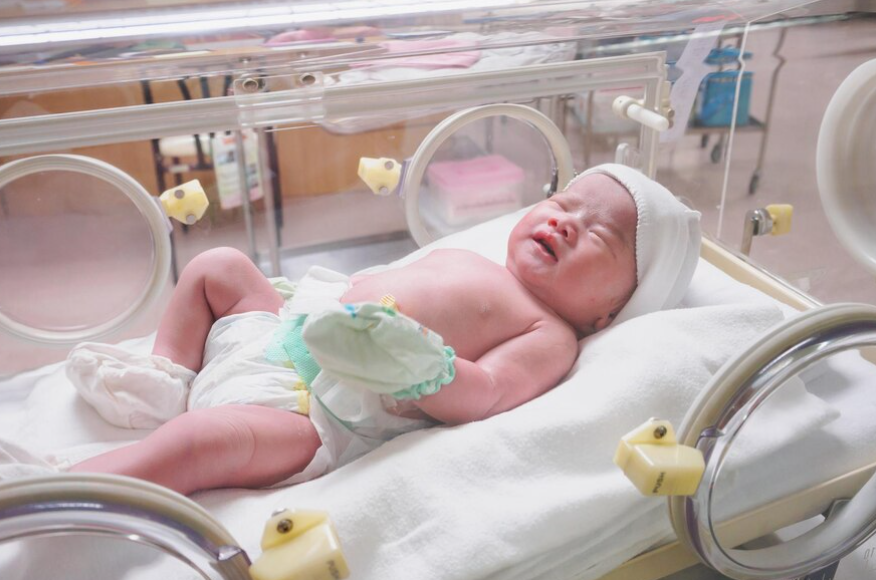Babies transitioning from the warmth and security of their mother’s womb to the outside world must undergo significant physical changes. They must adapt to a new environment where they are no longer reliant on their mother’s placenta and blood supply for essential functions like eating, breathing, and eliminating waste. While many babies make this transition smoothly, others may face challenges, particularly if they are born preterm or have birth defects. Such babies often require specialized care and may be admitted to a Neonatal Intensive Care Unit (NICU). Here are the top reasons why your baby might be admitted to the NICU.
What Is a Neonatal Care Unit (NICU)?
A NICU is an intensive care unit specifically designed for newborns who need specialized medical attention. Equipped with advanced life support systems and staffed by a team of highly trained professionals, NICUs provide critical care to newborns facing various health challenges. Let’s explore some of the common reasons why a baby might be admitted to the NICU.
Premature Birth
Babies born before completing 37 weeks of gestation are considered premature and often require specialized care. Premature babies are not fully developed and may struggle with adjusting to the outside world. Common issues include breathing difficulties, problems regulating body temperature, and excessive weight loss. NICUs are equipped with incubators, IV hydration, and other necessary equipment to support the development and recovery of premature infants.
Hypoglycemia
Hypoglycemia, or low blood sugar, can occur in newborns, especially those born prematurely or with an infection. It is also common in babies born to mothers with gestational diabetes. Hypoglycemia can be dangerous if not treated promptly, and intensive care is often needed to monitor and stabilize blood sugar levels.
Respiratory Distress Syndrome
Respiratory Distress Syndrome (RDS) is a common condition in newborns, particularly in premature infants with underdeveloped lungs. RDS can make breathing difficult and is usually managed with the help of advanced machines that regulate oxygen levels and provide breathing support through tubes. This treatment continues until the baby’s lungs are sufficiently developed to function independently.
Sepsis or Other Infections
Premature babies are more susceptible to infections due to their underdeveloped immune systems. Sepsis, a severe infection that spreads throughout the body, is particularly dangerous. Babies suspected of having sepsis or other significant infections are admitted to the NICU for close monitoring and treatment with antibiotics until the infection is under control.
Traumatic Delivery
A traumatic delivery can impact both the mother and the newborn. Complications during birth can restrict or reduce the oxygen and blood supply to the baby, potentially leading to neurological problems. In such cases, the newborn may be admitted to the NICU immediately after birth to receive the necessary care and monitoring.
What Should Parents Expect?
Having a newborn admitted to the NICU can be an emotionally challenging experience for parents. It is natural to feel a range of emotions, from anxiety and fear to sadness and frustration. However, it is essential to remember that the NICU staff are highly skilled professionals dedicated to providing the best care for your baby.
Parents should use this time to care for themselves emotionally and physically, preparing for the day when their baby will come home. It can be overwhelming, but being informed and staying involved in your baby’s care can help manage the stress. NICU staff often encourage parents to participate in their baby’s care as much as possible, which can include kangaroo care (skin-to-skin contact), feeding, and changing diapers when appropriate.
Support and Resources
It’s crucial for parents to seek support during this time. Many hospitals offer resources such as counseling, support groups, and educational materials to help families cope with their baby’s NICU stay. Additionally, maintaining open communication with the NICU staff can provide reassurance and a better understanding of your baby’s condition and progress.
Contact Savera Child Clinic for best NICU in Faridabad
At Savera Child Clinic, we provide comprehensive neonatal care with a team of experienced professionals dedicated to ensuring the best outcomes for your newborn. If you have any questions about our NICU services or need further information, please do not hesitate to contact us.
In conclusion, while the NICU can be a daunting experience for parents, it plays a vital role in ensuring the health and well-being of newborns who need specialized care. Understanding the reasons why a baby might be admitted to the NICU and what to expect can help parents navigate this challenging time with greater confidence and peace of mind.

